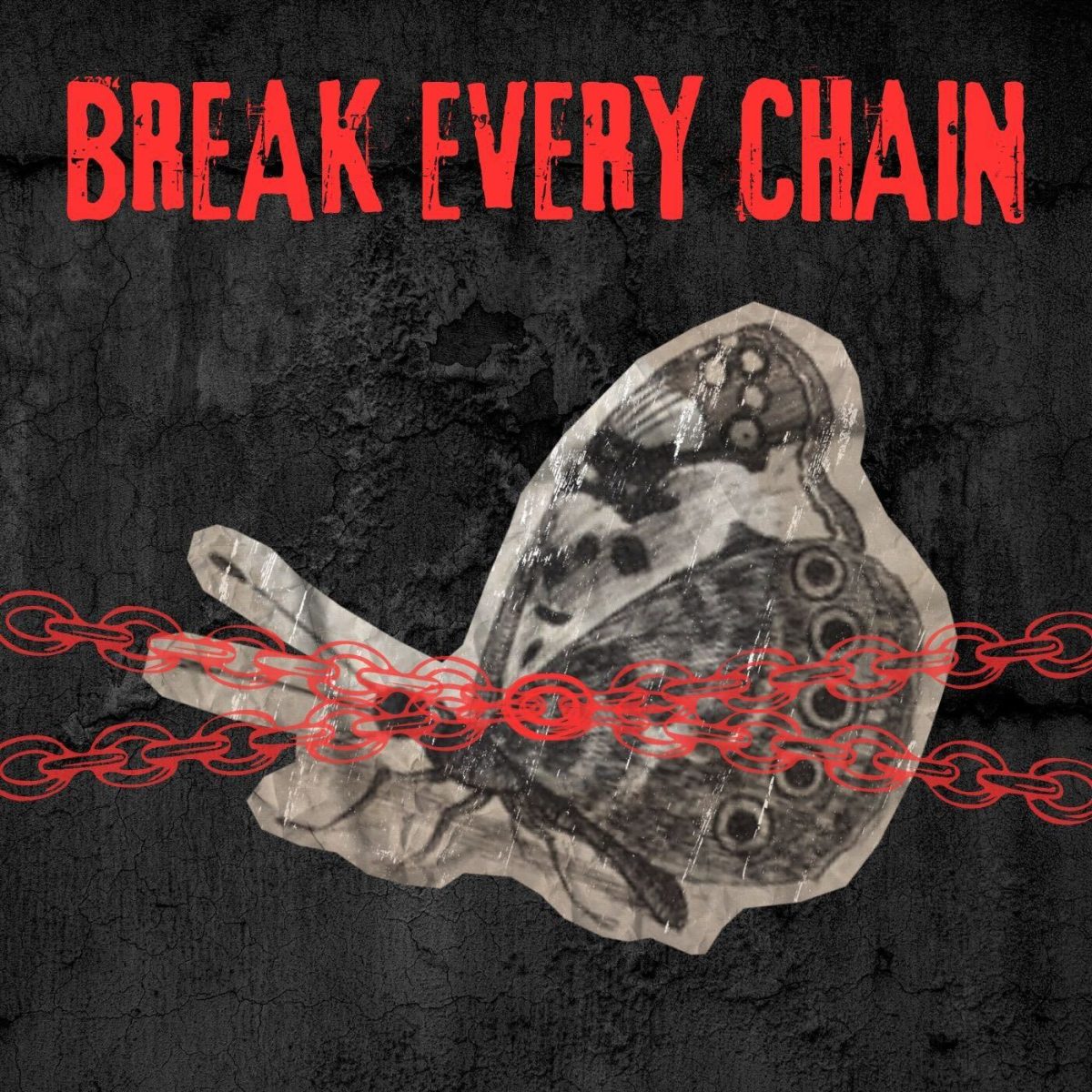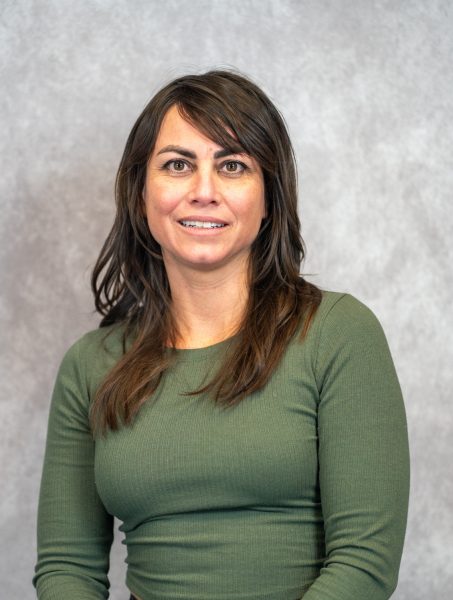Marginalization is often thought of as something done to us — by institutions, governments and dominant cultures. While true, what’s harder to talk about is how we sometimes finish the job ourselves. We dim our light, downplay our ideas and sit quietly in rooms when we have something important to say. We do this not because we lack value, but because we’ve been taught to question it. The stories we’ve inherited — from schools, media and even family — don’t just live outside us. They live within us, and shape the ways we shrink, apologize or disappear entirely.
Self-marginalization isn’t always discernible. It doesn’t shout — it whispers. It’s the moment you don’t raise your hand, even though you know the answer. It’s skipping the application because you’re sure someone else is more qualified. It’s nodding along in meetings, keeping your insight to yourself. This quiet form of internalized oppression is what Audre Lorde once called “self-erasure” — when we disappear ourselves before anyone else has to. Not because we lack capability, but because we’ve absorbed the message that our presence isn’t needed or welcome.
It doesn’t begin with us. It begins with conditioning.
From a young age, we receive subtle and overt messages about who is allowed to lead, speak or take up space. As bell hooks wrote, “The classroom remains the most radical space of possibility.” But only when all voices are empowered to speak. Too often, early education teaches conformity over courage, compliance over creativity. We learn to defer. To doubt. To shrink.
We live in a time when outrage often overshadows nuance, and identity can become a battleground rather than a bridge. But as Audre Lorde reminded us, “There is no hierarchy of oppressions.” She meant that we cannot isolate one aspect of someone’s identity — race, gender, class, ability, or politics — and believe we understand the whole of their experience. To agitate for meaningful change, we must reckon with complexity — our own and each other’s.
A troubling side effect of today’s hyper-polarized climate is that people on all sides of the political spectrum feel silenced. Some are afraid of being labeled or perceived as problematic for asking questions; others fear being canceled for holding beliefs outside the dominant narrative. What was once a call for justice can sometimes slip into a demand for ideological purity, where dialogue dies and fear of being on the “wrong” side keeps everyone quiet. In these moments, self-censorship can feel safer than risking the complexity of real conversation.
And yet, modern discourse tends to flatten the depth of human complexity. Much of what we see in the media, though often well-intentioned, can slip into a kind of ideological rigidity — crying “inclusion” while silencing dissent. In some circles, the call-out replaces the conversation. Voices who deviate from stereotype are often dismissed before they’re heard. This kind of selective listening only reinforces the very hierarchies it claims to oppose and we risk reinforcing the very systems we seek to dismantle.
The issue transcends political lines. It’s about human lines, about what happens when people begin to believe their voice no longer matters, or worse, that it’s dangerous to use. This can lead to trauma. We suffer burnout from over-proving ourselves. We censor our truth before anyone else gets the chance. And the most damaging part? We mistake survival strategies for personality traits. But these patterns are not innate — they’re learned.
When we self-silence out of fear of being misunderstood or miscategorized, we reinforce those divisions. And when we judge others based on a single part of who they are — their vote, their label, their worst moment — we lose the opportunity for honest engagement. Lorde’s message wasn’t about ignoring differences; it was about refusing to weaponize them. Her vision was one of shared liberation — of recognizing that the fight against erasure requires all of us to speak and listen, without demanding sameness.
The work of unlearning is both personal and collective. It begins in quiet moments — journaling honestly, speaking even when our voice trembles, taking up space even when it feels unfamiliar. Therapy helps. So do mentors, affirming communities and movements that make visibility a form of resistance.
Educational institutions, including community colleges like Santa Rosa Junior College, also play a role. When classrooms are intentionally inclusive — where lived experience is honored as knowledge — they become spaces for reclaiming voice. But inclusion isn’t just about which identities are present; it’s also about whether people feel free to speak honestly, disagree respectfully and stay curious in the presence of difference.
Lorde said, “Your silence will not protect you.” The stories we inherited about our worth may have shaped us, but they do not have to define us. We have the power to rewrite them.
So consider this an invitation: What story have you inherited about your place in the world? Who told you to shrink — and how might you begin to expand instead?
Because when we stop silencing ourselves, we don’t just reclaim our voice. We change the story for everyone.





Debbie Van Dyke • May 13, 2025 at 7:12 pm
Bravo Samantha, very well said. The words “I am not good enough” need to be erased.
Mary Ellen Wells • May 13, 2025 at 5:37 pm
What a beautifully written and thought-provoking article. Thank you for this perspective. I’m going to adopt the term “self-erasure” and monitor the ways I do this to myself.